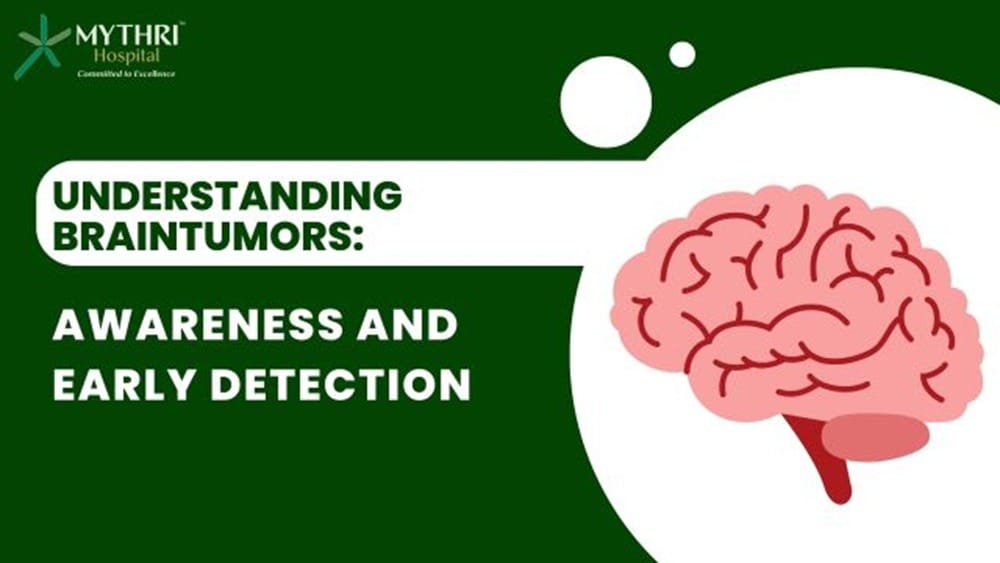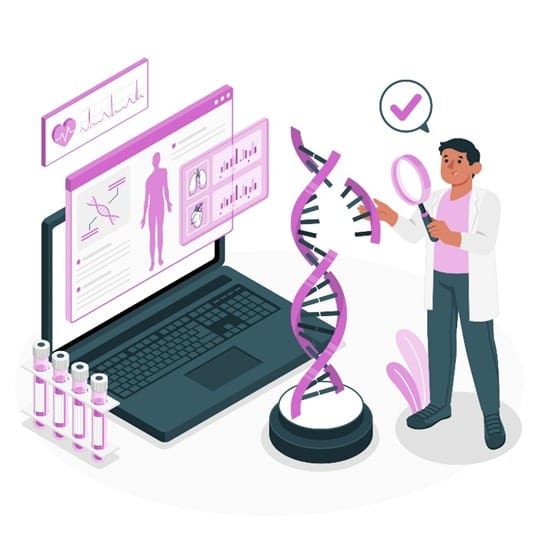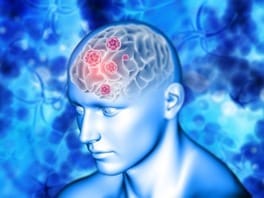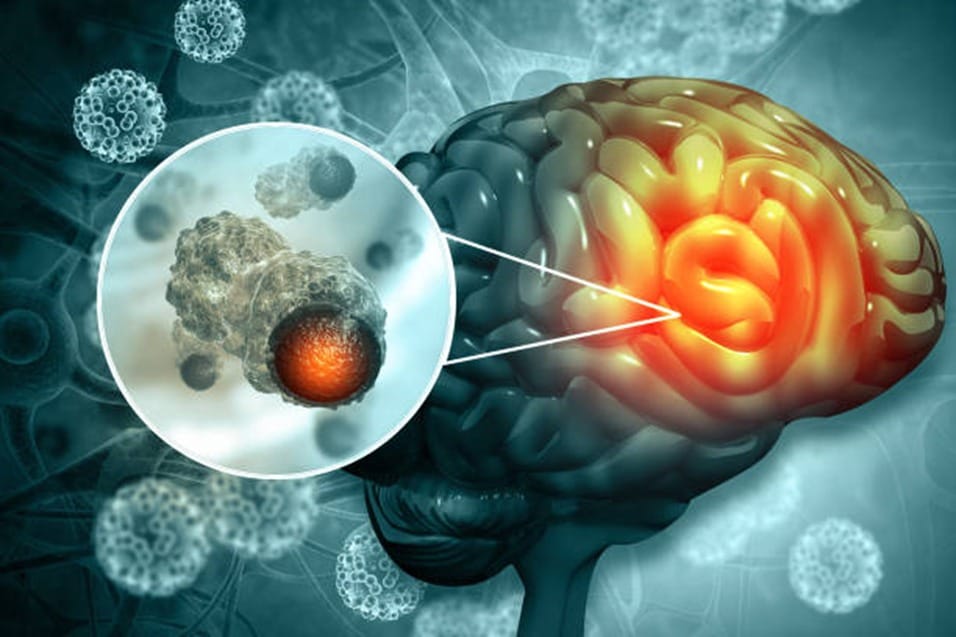
A brain tumor refers to a growth of abnormal cells in or within the brain. These tumors are either benign or malignant and, naturally, vary greatly in severity, location, and rate of growth. Brain tumors develop either within the brain itself (primary tumors), or as metastases from other places in the body (secondary, or metastatic tumors).
Not all tumors in the brain are cancerous. Even benign tumors can cause problems due to the limited space inside the skull. When the tumor grows larger, pressure affects the surrounding brain tissue, which may cause adverse effects on normal activities such as vision, speech, memory, and movement.
Common symptoms to watch for
Symptoms of brain tumours typically occur early but are subtle and even mimic other medical diseases, and hence tend to be overlooked. Detection of warning signs early can lead to early medical evaluation and better prognosis. The characteristics below are typical:
- Recurring or worsening headaches, especially in the morning
- Seizures with no history of them
- Vision, hearing, or speech change
- Difficulty with walking, coordination, or balance
- Concentration or memory problems
- Change of personality or behavior
- Vomiting or nausea that is not associated with other condition
- Weakness or numbness of arms and legs; one side of the body may be affected
If these symptoms begin and intensify, then one should see a doctor immediately.
Early detection: The strength in its ability

Early diagnosis enhances the success of the treatment. Imaging techniques, MRI and CT scans, help identify a brain tumor. In certain instances, biopsy will be required to make an additional diagnosis in order to determine the nature and grade of the tumor.
Once diagnosed, the treatment is decided by the physician depending upon the size, type and where it is located, and whether it is malignant or benign. The treatments most often provided are:
- Surgery – most often the initial treatment to eliminate the tumor or shrink its size
- Radiation therapy – to destroy microscopic doses of tumor cells left behind after surgery
- Chemotherapy – employs drugs to kill cancer cells
- Targeted therapy – employs drugs that aim at targeting specific cancer cells
- Supportive care – aims at symptom control and enhancing quality of life
There has been vigorous development that has contributed to find place in the medical science to treat the other conditions recently, particularly when the tumors are found early.
Building awareness and support

Thus, World Brain Tumour Day creates as much awareness of the disease as it does support for the patients, the caregivers, and the researchers in the medical field. The more information regarding the symptoms of neurological disorders creates consciousness over their health checkup, hence reducing the stigma attached to diseases and attributing to earlier interventions and better outcomes for patients.
This too is another humongous factor- support from the public. Screaming at the donors to donate to research institutions for brain tumours, joining awareness programs, and campaigning for better health care among others all help in combating brain tumors.
Conclusion

As compared to other diseases, though rare, the impact of brain tumors is quite cruel and horrible. The mere symptoms would save lives if observed in time, if care about brain health is given, and if one can refer one to get diagnosed early. So on World Brain Tumor Day, let’s vow to learn more and make people aware to add our support to those fighting day after day.
If you, or someone close to you, are experiencing unusual neurological symptoms, don’t wait before seeing the doctor. Early detection and timely treatment can prove to be a life-saving experience for you.
